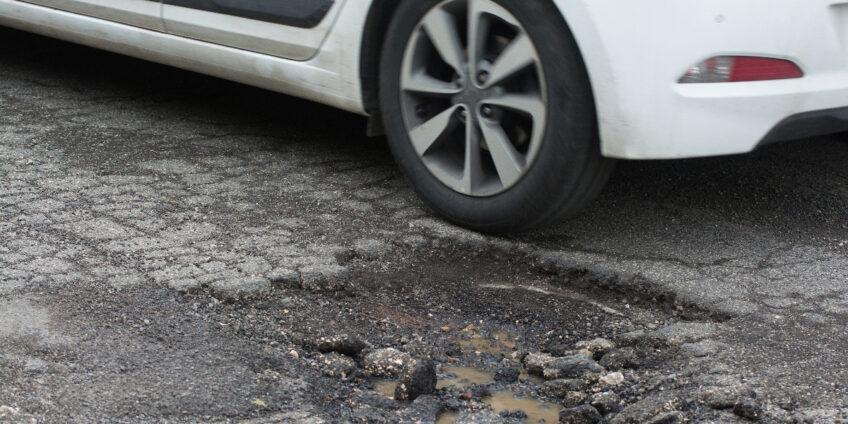×
- The firm
- News & Insights
- Services
- Commercial Property
- Contentious Probate
- Corporate & Commercial
- Covid 19 Advice Service
- Dispute Resolution
- Employment Law
- Immigration
- Insolvency
- IT and IP
- Leasehold Services
- MEDICAL & CLINICAL NEGLIGENCE
- Personal Injury
- Professional Negligence
- Property Disputes
- Residential Property Conveyancing
- Wills, Trusts & Probate
- Sectors & Specialist Groups
- International
- Our people
- Contact










